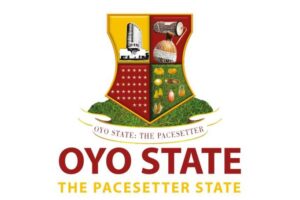WAEC had recently announced plans to phase out the traditional pen-and-paper method in favor of CBT, mirroring the approach already in use by the Joint Admissions and Matriculation Board (JAMB).
In response to the announcement during an interview in Abakaliki, Ogah voiced serious concerns over the feasibility and fairness of the plan, particularly for students in remote and rural communities who lack access to digital tools and reliable internet.
“Many of our students in remote villages have never operated a computer, and some live in areas without any network coverage,” he said. “Before WAEC can consider implementing CBT, the Federal Government must prioritize ICT integration at the primary and secondary school levels.”
Ogah emphasized that Nigeria’s education sector is still grappling with deep-rooted challenges. He warned that rushing into digital testing without addressing basic infrastructure and accessibility gaps would only worsen existing inequalities.

ALSO READ: RAW-FACT: Story Of June 12 And Why It Is Now Called Democracy Day In Nigeria
“The education system is on the verge of collapse,” he said. “Jumping into ICT-driven exams without foundational systems in place is setting our students up for failure.”
As a science-oriented legislator, Ogah further raised issues about how practical science subjects could be tested through CBT. He cited examples like titration experiments or demonstrations involving physics concepts such as force and fulcrum, which require hands-on interaction and cannot be accurately replicated on a computer.
He also questioned how complex mathematical theories, such as solving quadratic equations using permutations, could be properly assessed without traditional materials like paper and drawing instruments.
ALSO READ:
Education Minister Reveals Age Range Qualified To Write WAEC, NECO Exams








